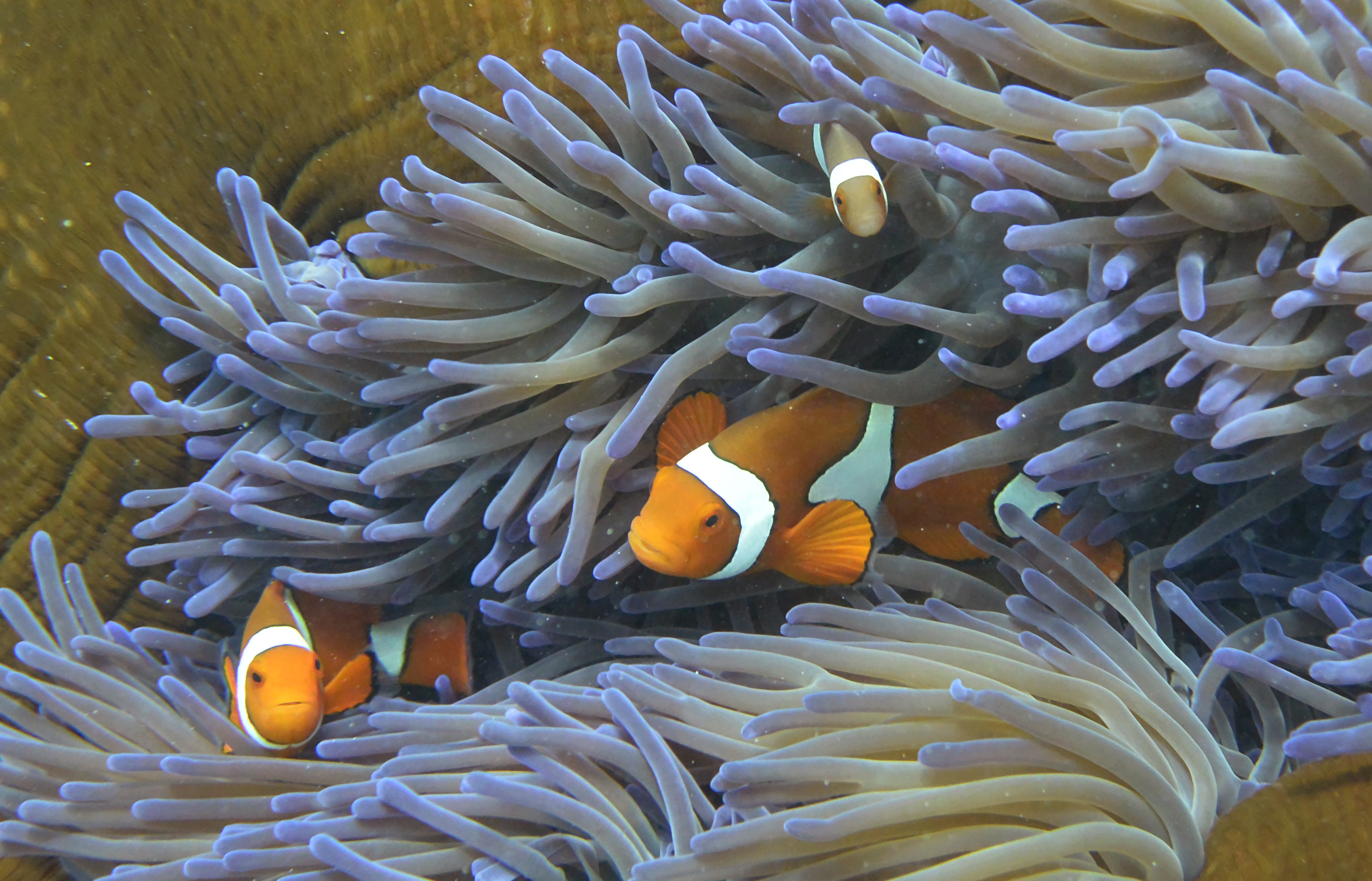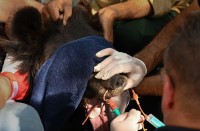
SYDNEY, Australia (AFP) — Coral fish become stressed and lose weight if they are separated from each other, hampering their chances of survival, an Australian study revealed Thursday.
Scientists from James Cook University in Queensland state monitored blue-green damselfish from the Great Barrier Reef, isolating some, while allowing others to remain in their shoals to better understand why they prefer to socialise.
Lauren Nadler, lead author of the study published in the Journal of Experimental Biology, said the isolated damselfish lost weight and had a higher metabolic rate, which is an indicator of stress.
“We have suspected that shoaling fish gain a ‘calming effect’ from living in a group. But up until now we have been unable to measure how widely spread this effect is in individual fish,” she said.
“The fish that were isolated lost weight after the first week, which meant they were less healthy than those in groups.
“Fish were calmer and less stressed when they had their shoal-mates around, with a 26 percent decrease in metabolic rate compared to individuals tested alone.”
She said the results showed “how important group living is for healthy fish populations”.
Damselfish are often found in 1,000-strong shoals and fellow researcher Mark McCormick said separation, which can occur during wild weather which impacts currents, put them at greater risk from predators.
Parts of the Barrier Reef were hit by powerful Cyclone Nathan last year with researchers noticing a lot of blue-green damselfish living by themselves.
“If these fish were out in the ocean by themselves, in order to stay alive they would need more food to keep up their energy. Since they don’t have their buddies around to help look out for looming predators, foraging for food would be riskier,” McCormick said.
“The extra energy fish gain from shoaling is so important because it allows them to survive and reproduce and to pass on their genes to the next generation of fish.”
Researchers hope to conduct more studies to see what the longer-term impacts of separation are among damselfish and other species.
© 1994-2016 Agence France-Presse







